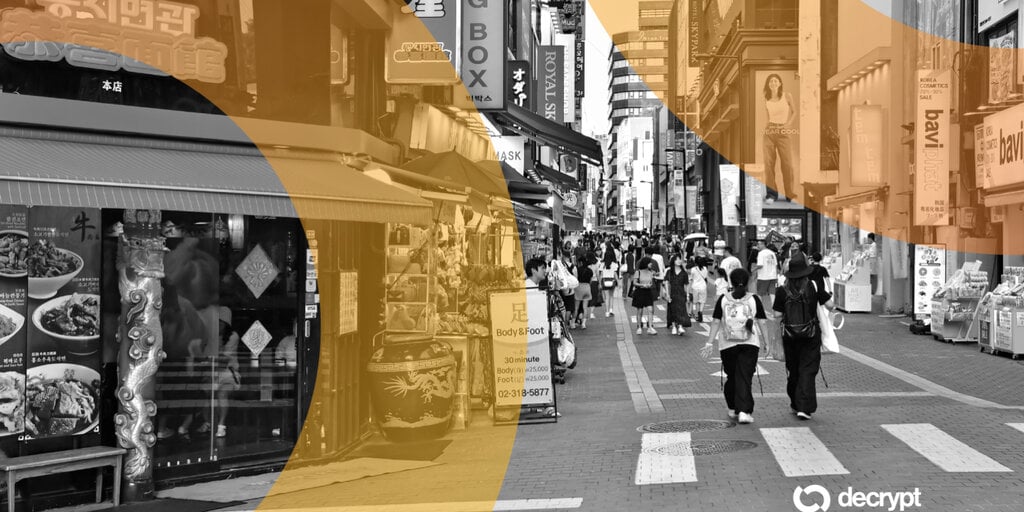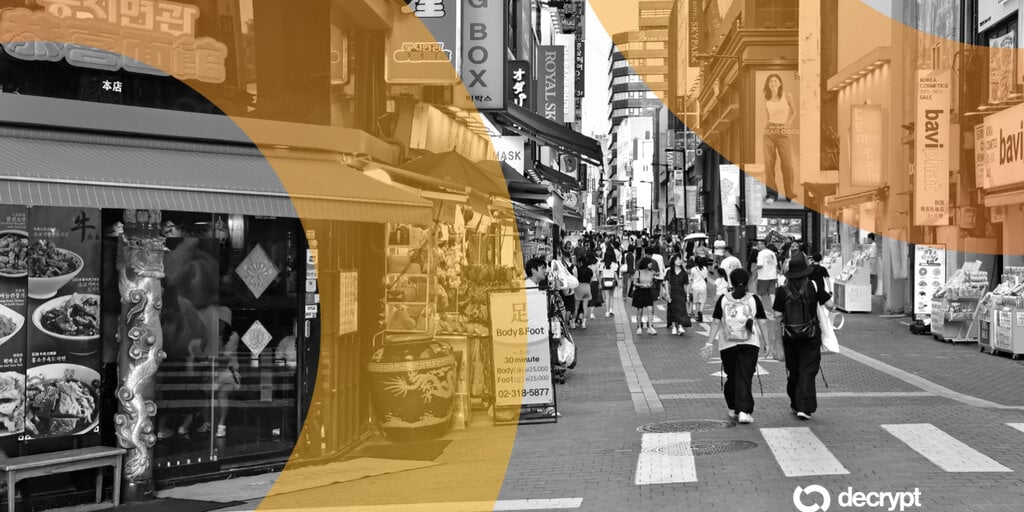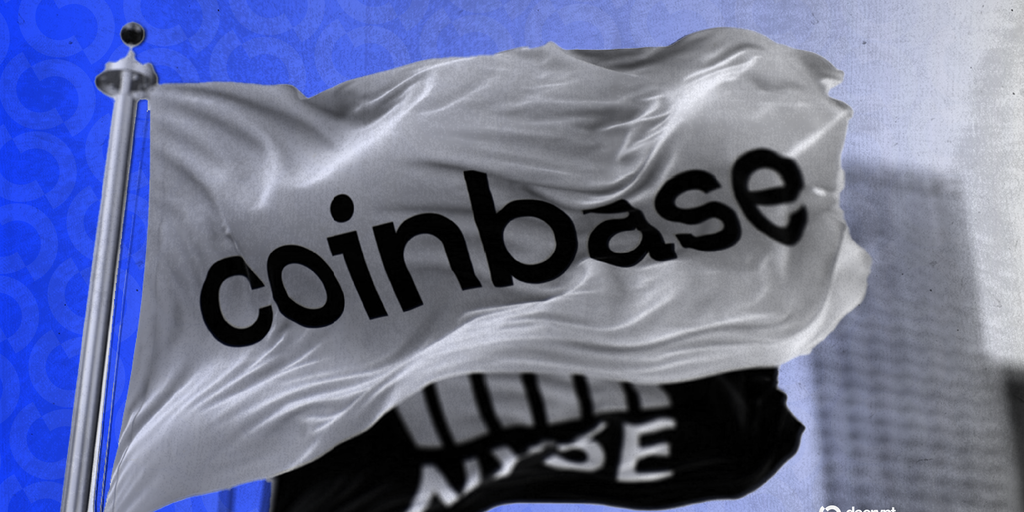
In brief
- Kaia registered four KRW-related trademarks earlier this month; Kakao and Kakao Pay sit on its governance council.
- Competing bills and an administration framework would set rules on licensing, reserves, equity requirements, interest treatment, and banks’ roles.
- Foreign exchange controls and planned reporting for cross-border crypto flows could limit early use cases, relative to dollar-based stablecoins, Decrypt was told.
South Korean internet conglomerate Kakao is preparing a Korean won (KRW) stablecoin on the Kaia blockchain, after registering new trademarks and pushing to embed digital KRW across its product ecosystem to meet rising demand for faster payments, remittances, and on-chain settlement.
Kaia, which operates the public blockchain formed from the merger of Klaytn and Finschia, disclosed with Decrypt that it had registered the “KRWGlobal,” “KRWGL,” “KRWKaia,” and “KaKRW” trademarks with the Korean Intellectual Property Office earlier this month.
With Kakao and Kakao Pay on its governance council, Kaia is pitching a won-pegged token as a bridge to USD- and JPY-backed stablecoins.
Users and businesses across Kakao’s ecosystem, which the company says already serves over 49 million monthly active users in South Korea, will be able to “access DeFi protocols within mobile apps, which are utilized nationwide, bringing these decentralized finance projects to life,” Dr. Sangmin Seo, chairman of the Kaia DLT Foundation, told Decrypt.
Yet stablecoin legislation in South Korea remains in flux, with competing bills and an administration-led framework still in talks.
Earlier in June, the administration outlined a Digital Asset Basic Act that would let qualified companies issue won-pegged tokens if they meet minimum equity requirements.
The Bank of Korea, meanwhile, suggested starting with bank-issued stablecoins at first and is studying deposit tokens on public chains.
Late last month, South Korea’s ruling and opposition parties filed competing stablecoin bills. They split over whether to permit interest on stablecoin deposits, while agreeing on full-reserve backing and emergency powers for regulators.
The challenge for KRW stablecoins, however, is “the lack of clear, compelling use cases compared to dollar stablecoins,” Min Jung, senior analyst at quantitative trading firm Presto, told Decrypt. “More research is needed to identify and develop practical applications.”
South Korea’s strict capital controls also “make it crucial to understand how these regulatory hurdles would be addressed,” he added.
“Since the true value of stablecoins lies in reducing friction, particularly in cross-border payments rather than purely domestic use, these capital control issues must be carefully considered,” Jung said.
South Korea still runs a foreign-exchange control regime under the Foreign Exchange Transactions Act, with capital transactions subject to separate procedures, documentation thresholds for overseas remittances, and restrictions on offshore use.
The government plans to require companies in the sector to register and file monthly reports to its central bank by the second half of 2025, according to a 2024 report from Reuters.
To this end, “KRW stablecoins do not only mean the issuance of digital currencies but also signify that the Korean market legalizes digital asset-powered businesses,” Seo said.
Kakao claims its network has near-universal reach, with over 95% of the population already using it for messaging, payments, and online banking.
Still, key decisions on stablecoins in the country remain pending, which means any won-pegged launch by Kakao or rivals will hinge on final rules for licensing, reserve requirements, interest treatment, and the role of banks in issuance.
Daily Debrief Newsletter
Start every day with the top news stories right now, plus original features, a podcast, videos and more.




